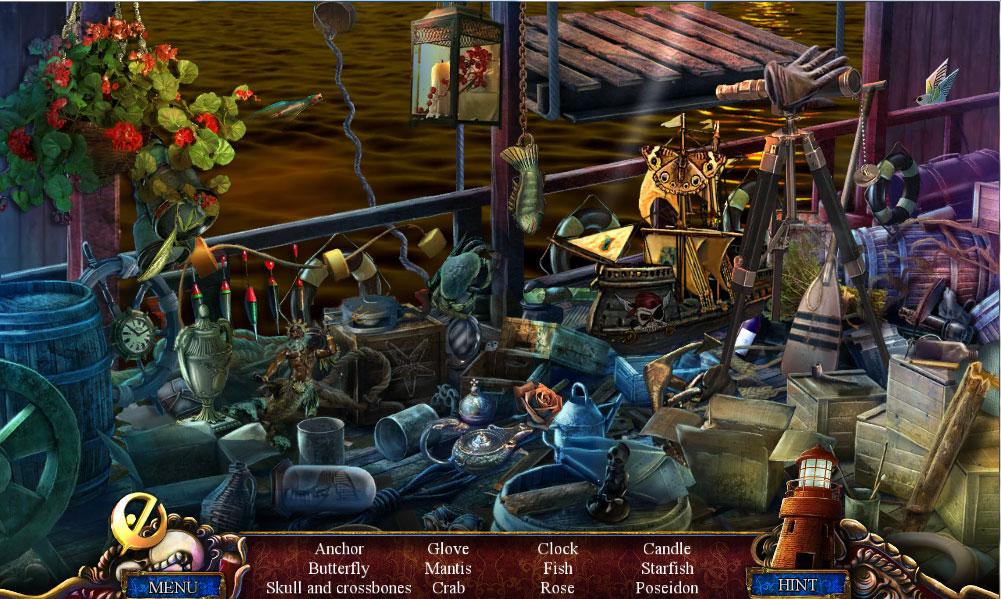
While the British never implemented this strategy to its fullest, as the consequences of doing so may have wrought destruction of the world economy, the intention itself indicates the lengths to which His Majesty’s government might go in pursuit of victory.Īnd so, in pursuit of victory, the British government declared a blockade in 1914 in order to exact an economic toll on Germany. The committee was in fact proposing nothing short of economic warfare, the “foundation of national grand strategy, within which naval strategy had become a subset,” as historian Nicholas Lambert observes.

and colonial mercantile interests and spurring diplomatic complications with neutrals like the United States, the committee believed that Britain would suffer far less than a prospective enemy like Germany.īlockade as a British naval strategy had repeatedly proven successful, yet the Desart Committee’s recommendations encompassed much more than just naval strategy. The report recommended that at the outbreak of war, Britain should prohibit “all trade with the enemy in goods, wares, and merchandise.” While it was deemed probable that this policy would have a negative impact on the economy, causing protests by U.K. Named for its chairman, Lord Hamilton Cuffe, Earl of Desart, the Desart Committee was to consider the question of trade with the enemy in time of war.

In a further repudiation of the declaration, the British Committee of Imperial Defence established a technical subcommittee on 26 January 1911. This resulted in the House of Lords failing to ratify the declaration. In the years subsequent, however, those who wished to maintain Britain’s naval supremacy reconsidered this position and increasingly opposed the declaration and worked to undermine it.
#CALL OF THE SEA SECRET OBJECTS FREE#
As such, the British had the greatest interest in the free flow of commerce. Meyer notes, Britain was asserting “that she would follow the rules to the extent that she found it to her own advantage.” Great Britain, at the time of the Declaration of London, had been the world’s preeminent naval power and possessed the largest mercantile fleet. Speaking on behalf of the Entente on 6 August 1914, the British expressed concurrence but stipulated that they reserved certain rights “essential to the conduct of their naval operations.” As historian G. The Germans and their Austro-Hungarian ally (the Central Powers) agreed to continue to abide by the Declaration, provided Britain and her allies (the Entente) did likewise. Materials on the free list could never be seized. As such, a belligerent who had declared and established a blockade in accordance with international law could legally seize materials in the first category, while conditional contraband was subject to seizure only if proof existed that it was bound for the enemy. The declaration had also divided goods into three categories: absolute contraband that concerned those materials with military use, conditional contraband that could have either military or civilian uses, and a free list of items like foodstuffs and other non-military materials. State Department formally requested that the warring nations abide by the 1909 Declaration of London, which had asserted that the rights of neutrals to engage in free trade on the seas superseded the right of belligerents to engage in naval blockade. government found itself defending the doctrine of the freedom of the seas against foreign navies seeking exclusive control of international waters.įreedom of the Seas in the First Year of WarĪt the outbreak of war, the U.S.

Then, as now-especially in the South China Sea-the U.S. As naval blockades took shape in northern and western Europe, Washington, still neutral, rushed to assert the rights of U.S.-flagged ships in international waters. When World War I began, in the summer of 1914, it put a serious strain on the maintenance of the doctrine of the freedom of the seas. This determination would again be put to the test in the second decade of the 20th century. As a precedent, therefore, the United States had clearly demonstrated its willingness to fight to maintain the freedom of the seas. As an extension of these assertions, the young republic fought three wars (two of them undeclared) in the period 1801–1814. Presidents from John Adams to James Madison relied on the doctrine of the freedom of the seas to assert the right of U.S.-flagged ships to ply the world’s oceans unencumbered. Early in its history, the United States saw its right to the freedom of the seas directly challenged by the privateers of revolutionary France, the corsairs of the North African Barbary states, and the frigates of the Royal Navy.


 0 kommentar(er)
0 kommentar(er)
